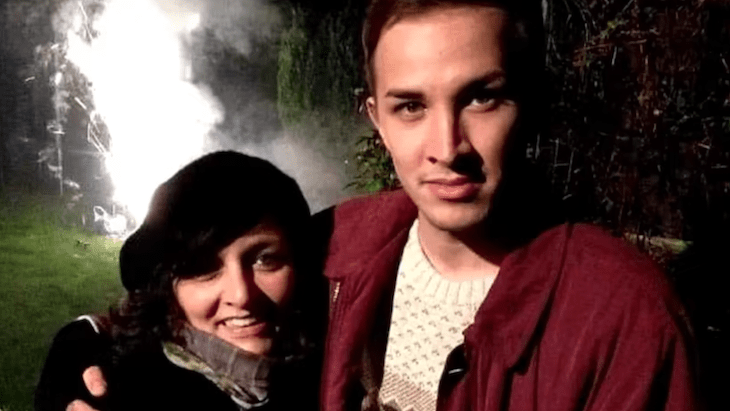My son, Martyn Hett, was one of 22 people murdered in the Manchester Arena terrorist attack on 22 May 2017. That day, my whole world came crashing down. I knew instantly that life as it was before had changed completely and forever.
At the time, I was a busy psychotherapist with my own private practice. Family life was also quite hectic with five children, four grandchildren and a house to run. Life was frantic at times, but good – until the day of the attack, when numbness, shock and disbelief took over.
Three days after the bombing, I saw the face of Martyn’s murderer for the first time. I was shocked at his young age. Salman Abedi was 22 years old; just seven years younger than Martyn. Over the next couple of weeks, I reflected a lot on what happened on that fateful day and why. Four weeks after the attack, I decided to go on national TV to publicly forgive the terrorist.
I was never angry with Abedi, the young man, the terrorist, the foolish boy who allowed his soul to be hijacked by the devil
People called me deluded, mad or superficial, but I knew exactly what I was doing. The decision to forgive was important for so many reasons. Immediately after the attack, Islamophobia rose by 300 per cent in Greater Manchester. As the mother of a person killed in the attack, I had the opportunity to break that cycle of hate by publicly forgiving Abedi.
But it was more than that: I had four other children, grandchildren, a husband and a home to run. I had many other roles I needed to continue to function in. Forgiveness enabled me to continue to do just that. Forgiveness stopped me from being consumed by anger and hate, two burdens that would have been quite heavy to carry. Those burdens that would have closed my heart to love, kindness, hope and positivity.
Forgiveness is not forgetting or condoning what happened; it is not excusing the murder of my child. It does not minimise the abyss of my grief, nor is it a means of suppressing my anger. Indeed, I never felt anger towards the terrorist. Abedi threw his life away for the real culprit: the ideology he thought was his truth. I was never angry with Abedi, the young man, the terrorist, the foolish boy who allowed his soul to be hijacked by the devil.
My decision to forgive Abedi was never about him; nor was it motivated by any religious view. It was about needing to protect my heart from being held hostage by what had happened. It was about keeping Martyn’s death free from contamination of anger and hate. Martyn was kind and he loved people. Had I allowed myself to be consumed by anger and hate I would have become something that Martyn wasn’t.
My forgiveness allowed me to walk a path free of hate, anger, resentment, the need to retaliate and many other negative emotions. It has allowed me to love more, live more, care more, appreciate more, be more authentic, be more at peace despite my incredibly painful grief. Forgiveness is what I chose, and it was the best and most important decision I ever made.






Comments